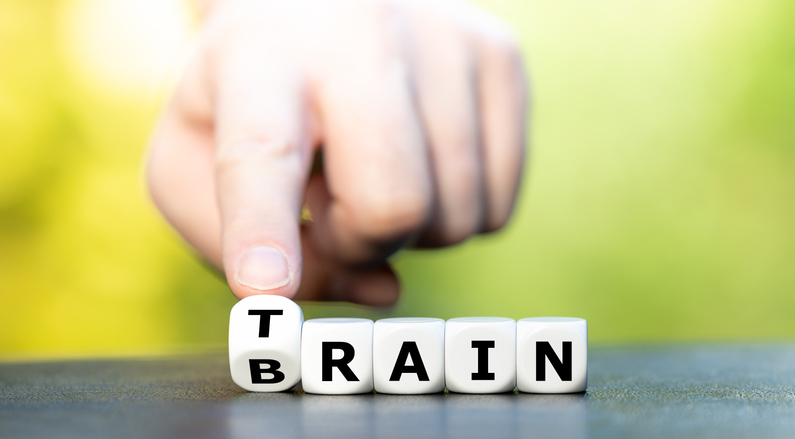In a world filled with distractions, finding activities that exercise our minds while providing entertainment has become increasingly valuable. Enter the New York Times Games collection, a treasure trove of brain-teasing challenges designed to stimulate cognitive abilities and foster a sense of accomplishment. From word puzzles to spatial reasoning tests, the collection offers something for everyone. If you like to start your day with mind games, this collection is for you.
Connections: This game tests your ability to make associations between seemingly unrelated items. By drawing connections based on shared attributes or characteristics, players exercise their lateral thinking skills, enhancing creativity and problem-solving abilities. This one may be my favourite. I have a friend who is a teacher and uses Connections to warm up her class first thing in the morning.
Wordle: A modern classic, Wordle tasks players with deciphering a five-letter word through a series of guesses. With each attempt, players receive feedback, allowing them to refine their strategy and hone their vocabulary. Wordle not only improves linguistic skills but also encourages strategic thinking and perseverance.
Tiles: In this spatial reasoning game, players must select the matching colour and geometric shapes. It’s tricky because each tile has several overlapping shapes and colours. The challenge is to select the pairs of matching shapes continually, creating the longest possible sequence of tile pairings with matching components. Tiles challenges players to think critically about spatial relationships and visualize solutions, improving spatial awareness and problem-solving skills.
Letter Boxed: As players connect letters to form words, they must navigate the unique constraints of a square puzzle. Choosing a letter from one side, the player must then select the next letter from one of the three remaining sides. Letter Boxed encourages players to think flexibly and creatively as they explore different word combinations, enhancing linguistic fluency and cognitive flexibility. I can’t tell you how often I want a letter on the same side I just picked from but alas, that’s against the rules.
Vertex: With its mathematical twist, Vertex presents players with a grid of numbers and mathematical operators. It’s a logic-based game where players need to draw lines and connect dots to reveal an image. By engaging with mathematical concepts in a playful context, players sharpen their numerical reasoning skills.
Strands: This visual game challenges players to connect letters and create words having something in common. Strands requires careful planning and spatial visualization, promoting strategic thinking and improving visual-spatial skills. This one may be the one that I spend the most time on each day. The letter connections don’t go in a straight line, taking twists that are definitely challenging.
Spelling Bee: This spelling game tests your knowledge of words by asking how many you can create using only seven letters. The catch? There’s one letter in the centre of the letter arrangement that must be used in each word you create. Spelling Bee encourages players to think flexibly and creatively. The game keeps track of your personal stats if you sign in so you can try to best yourself each day.
Soduku: This classic game is a numbers game without the math. It’s available in three levels of proficiency (easy, medium and difficult) so you can challenge yourself accordingly. If you like analytical thinking and problem-solving, Soduku is your game.
The value of mind games extends far beyond mere entertainment. Research has shown that engaging in cognitively stimulating activities can have a myriad of benefits for mental health and cognitive function. Regular participation in mind games has been linked to improved memory, enhanced problem-solving abilities, and a reduced risk of cognitive decline in older adults.
Mind games offer a welcome respite from the constant barrage of digital distractions that pervade modern life. By immersing ourselves in intellectually stimulating challenges, we can disconnect from the chaos of everyday life and focus our minds on a singular task, fostering mindfulness and promoting mental well-being, if only for a little while.
The New York Times Games collection, which includes crossword puzzles, offers a gateway to a world of intellectual exploration and cognitive enrichment. Whether you’re a word aficionado, a math enthusiast, or a puzzle aficionado, there’s something for everyone. Pour yourself a cup of coffee and dive in. It’s a new daily habit that I am enjoying and I hope you will, too.






Add Your Voice
0 Comments
Join the Discussion